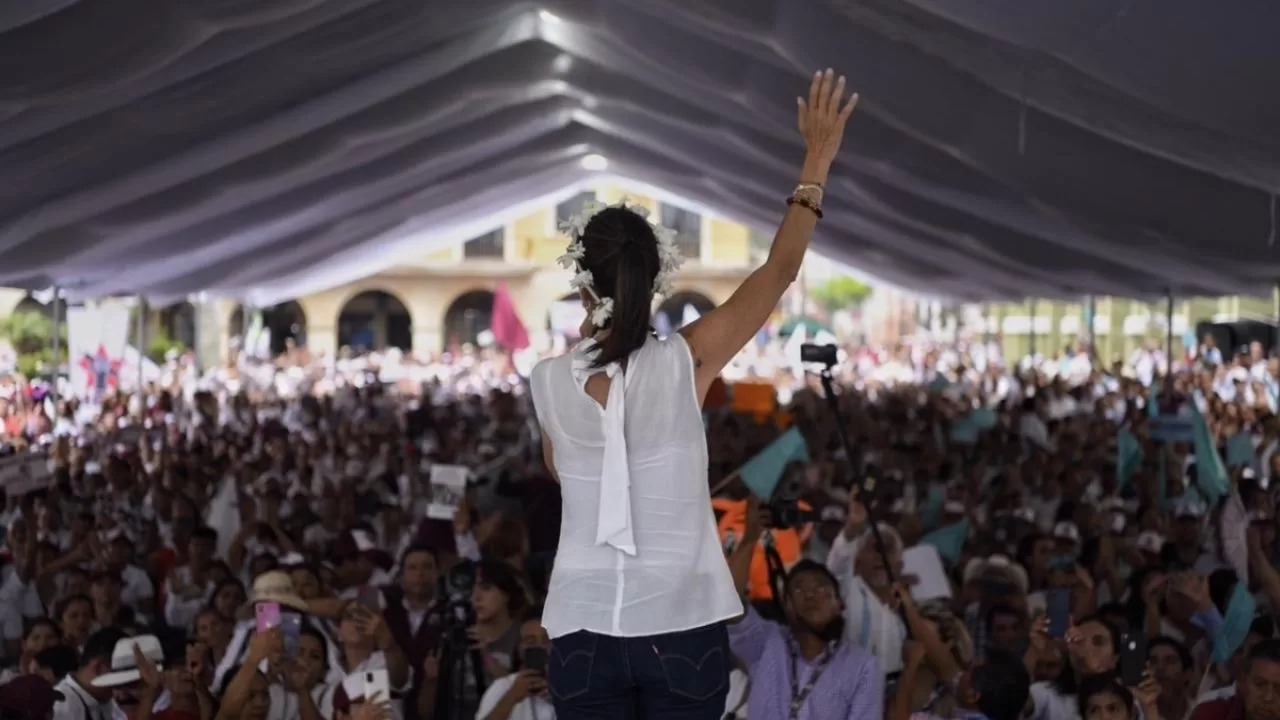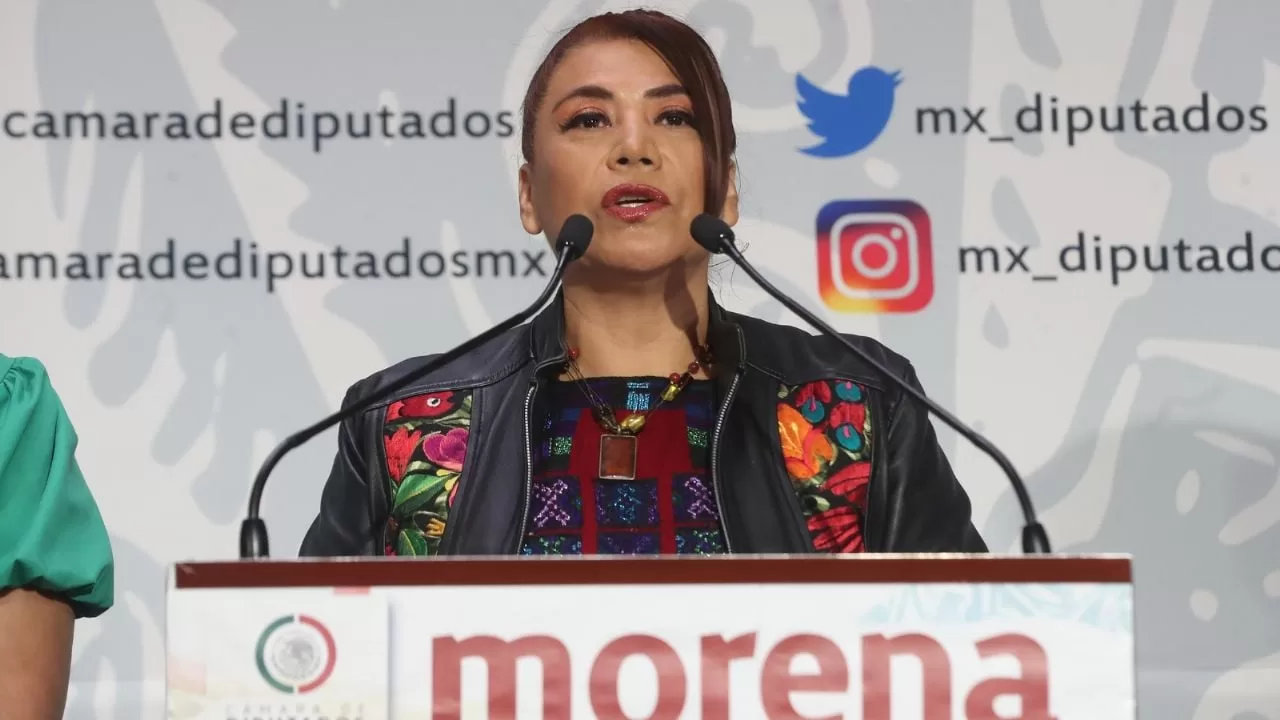Every day, at least 38 people take their own lives in Brazil and this statistic is increasing among the older population, according to data from the Ministry of Health. In 10 years (between 2009 and 2019), the number of elderly people between 60 and 69 years old who committed suicide grew by 65% (jumped from 769 to 1,273 cases). In the elderly aged between 70 and 79 years, the increase was 80.8% and, among octogenarians, the increase was 55%.
These data light an alert about the importance of knowing how to identify, approach and refer the person with suicidal thoughts for adequate treatment. Suicide is a public health problem worldwide, but it is still treated silently. Talking about it is often considered taboo.
reasons
With the aim of trying to identify the reasons that lead an older person to take his or her own life, a group of Canadian researchers analyzed notes left by elderly people who committed suicide (aged 65 years or older) to assess the subjective experiences of these people in the immediate moments. your death. The authors identified common themes that can serve as a basis for targeted interventions for prevention.
The cards show the thoughts and emotions of people at risk. Among the subjects mentioned in the notes are the feeling of guilt or of being a burden for the family, hopelessness, intense suffering due to some mental illness, loneliness or isolation, in addition to poor health and the difficulty of performing tasks that were previously common.
Terms related to pain, sleep problems, apologies and inability to continue were also recurrent. The results of the study were published in the The American Journal of Geriatric Psychiatry.
Keywords
According to Leonardo Prestes, a neurologist and psychiatrist specializing in psychogeriatrics at the Hospital Israelita Albert Einstein in Goiânia, the results are of enormous scientific importance because they point to common keywords left in the notes that will serve as a warning to family members and health professionals who deal with this public. According to Prestes, it is estimated that 1 in 4 elderly people have some form of depressive syndrome.
“An elderly person who recurrently talks about these topics needs help, even if he doesn’t want to. A person who leaves a letter is someone who is planning suicide and wants to explain to his family what his reasons were. It’s like a kind of testament. Young people who commit suicide, in general, do not leave notes because they act more out of impulsiveness”, says Prestes.
different signs
As most cases of suicide are associated with some type of mental health disorder, it is necessary to know how to identify the signs for referral to appropriate treatment. According to Prestes, the signs of depression in the elderly are different from the signs in a young person.
“In the elderly, the symptoms of depression are much more physical than sadness. In general, they are more complaints of tiredness than of anguish and discouragement. The mistake is that the belief is that a tired elderly person is ‘normal’, but it isn’t”, explains Prestes.
Therefore, emphasizes the doctor, it is so important that the family knows how to identify these signs, to seek specialized help before a major depressive condition sets in. “The elderly need to re-signify aging and this is very difficult. The search for a psychiatrist is rarely spontaneous because the elderly themselves find it difficult to accept that they may have a mental health problem”, warned the psychiatrist.
Worldwide, according to the WHO, there are almost one billion people (including 14% of the world’s adolescents) living with a mental disorder. Suicide accounted for more than one in every 100 deaths, and 58% of suicides occurred before age 50. This is the fourth leading cause of death among young people between 15 and 29 years old, behind only traffic accidents, tuberculosis and interpersonal violence. (Source: Einstein Agency)
seek help
Are you going through a difficult period? The Life Appreciation Center (CVV) can help you. The organization provides emotional support and suicide prevention, providing voluntary and free assistance to all people who want and need to talk, in total secrecy, by telephone, email, chat and Skype 24 hours a day.
Samu’s Mental Health Center (Nusam) is also responsible for meeting demands related to psychological disorders. The Nucleus operates both in person, assisting in an ambulance, and remotely, by telephone, at the Medical Regulation Center 192.
Dial 188
Every month, on average, one thousand people seek help at the Life Appreciation Center (CVV). There are 33 cases per day, or more than one per hour. If left untreated, depression can lead to extreme attitudes.
According to data from World Health Organization (WHO), every day, 32 people commit suicide in Brazil. Today, CVV is one of the few services in Brasilia where you can find help for free. About 50 volunteers serve 24 hours a day to those in need.
Do you want to stay tuned in everything that goes on in the square? Follow the profile of DF metropolises at the Instagram.
Get news from metropolises on your Telegram and stay on top of everything! Just access the channel: https://t.me/metropolesurgente.


